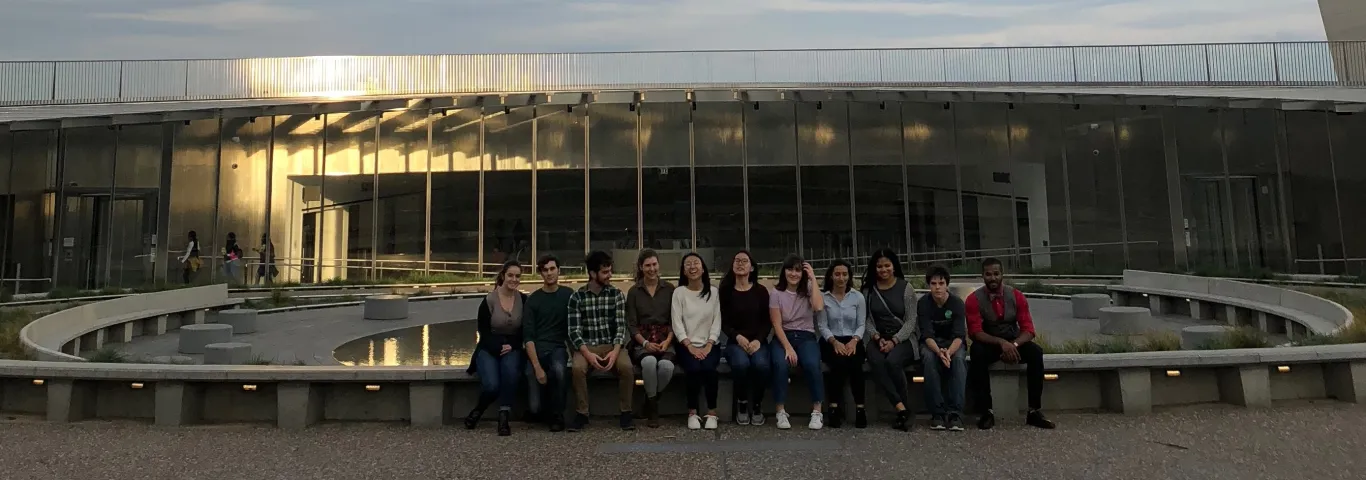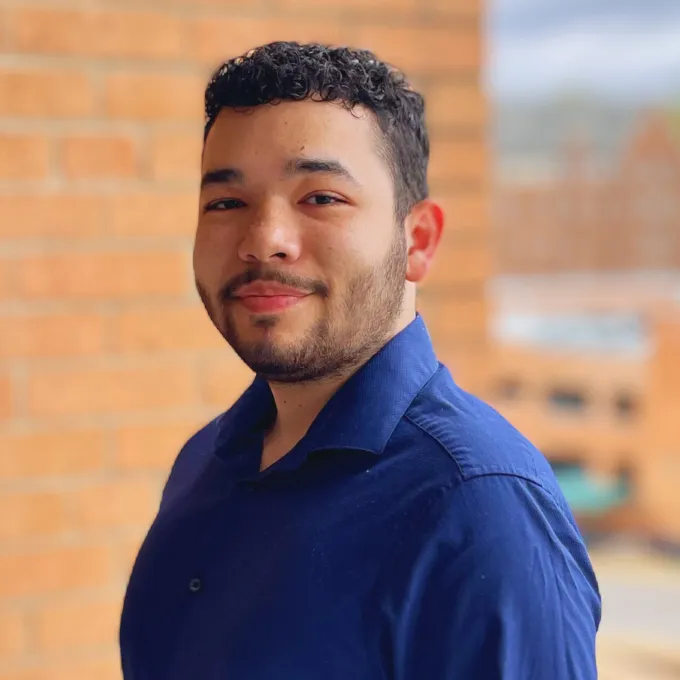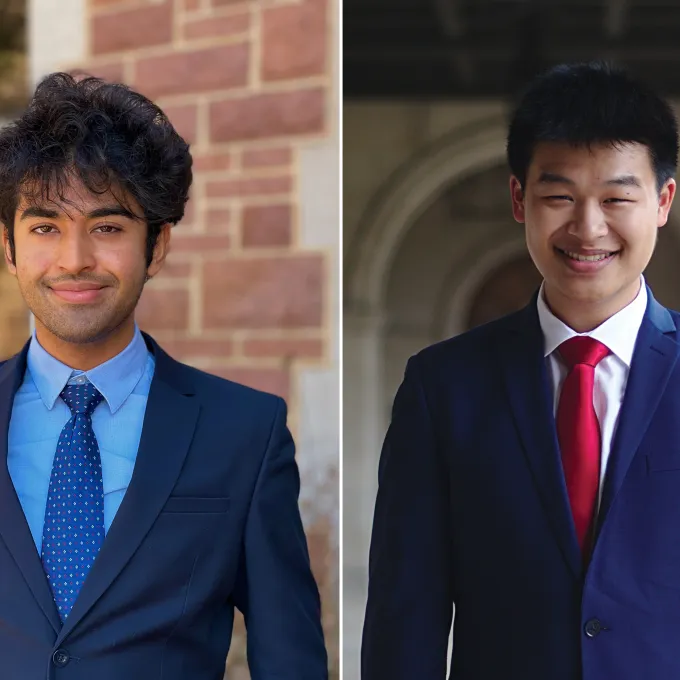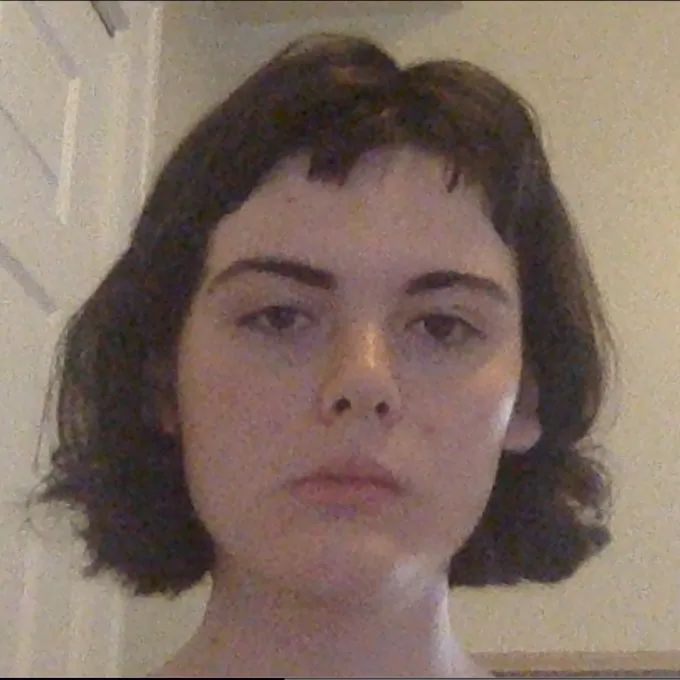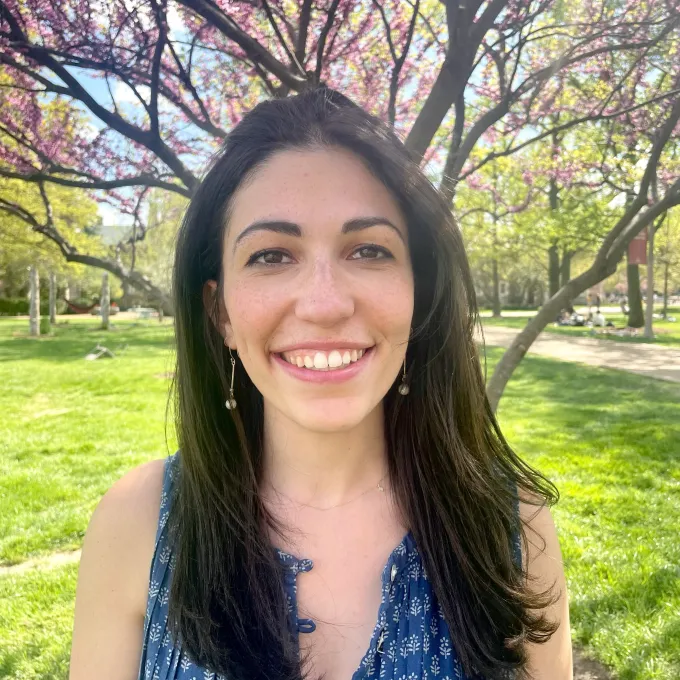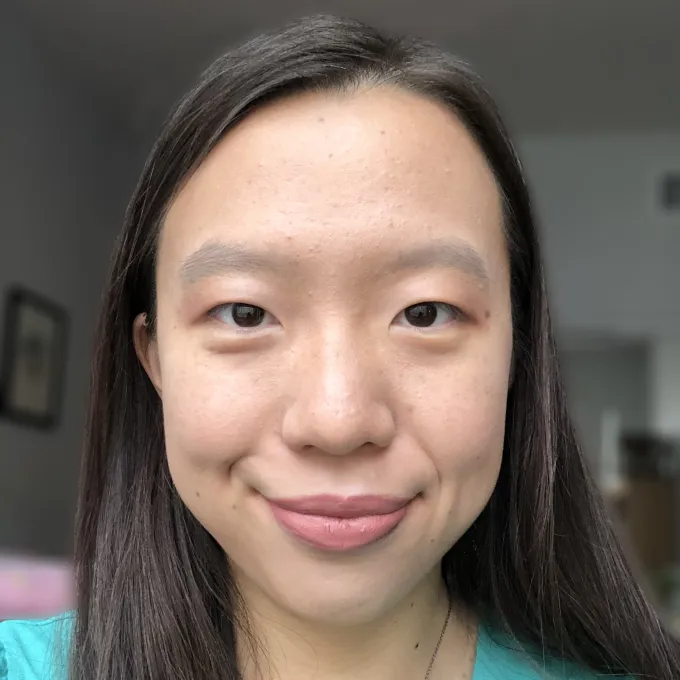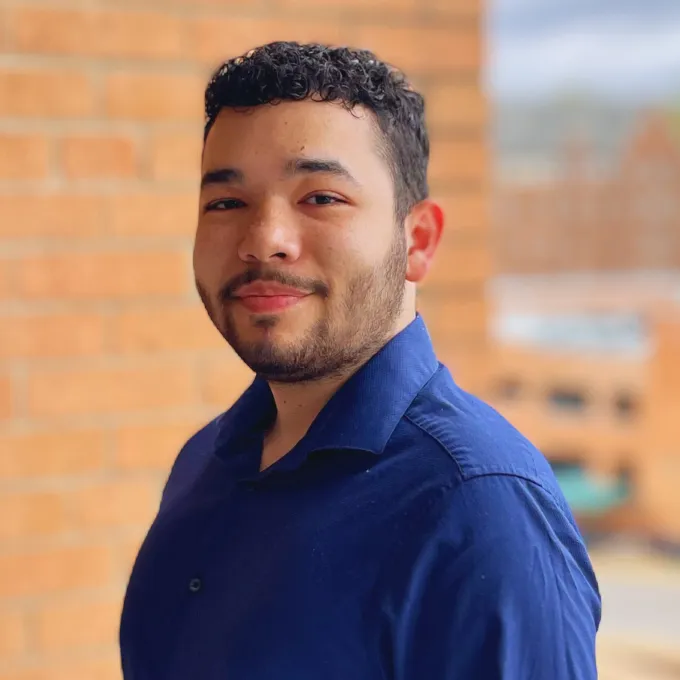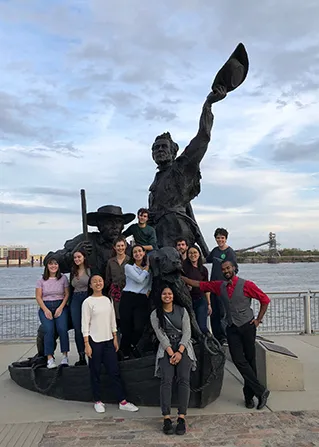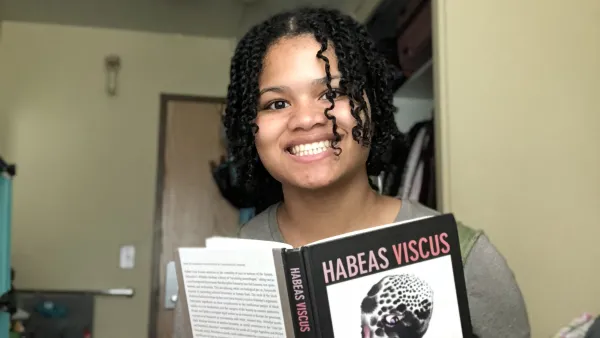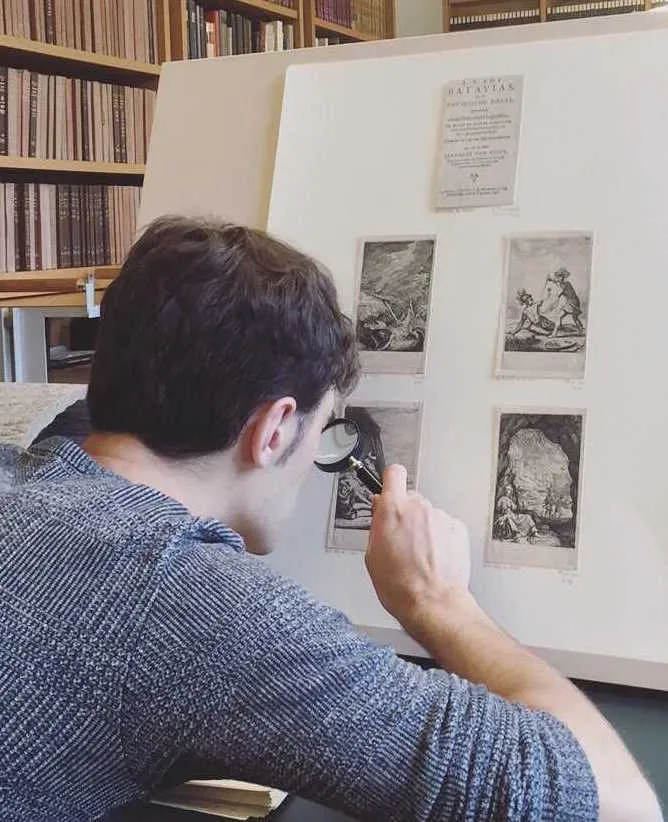The Merle Kling Undergraduate Honors Fellowship is a two-year research program that is housed in and administered by the Center for the Humanities. Between five and seven Arts and Sciences sophomores are selected each spring to pursue independent research projects of their choosing in the humanities or humanistic social sciences. Fellows receive guidance through faculty mentorship and participation in a weekly research seminar throughout their junior and senior years. In addition, Fellows conduct independent research each summer. Each Fellow will receive $6000 in research funding over the course of the two-year fellowship (normally $1500 / semester). The program culminates with the publication of the senior Fellows’ final papers in the Kling research journal, Slideshow.
Weekly seminar
A three-credit, writing-intensive Kling Fellowship seminar (L56 CFH 400W) meets once a week throughout the academic year and is required for all junior and senior Kling Fellows on campus (second-semester juniors may elect to study abroad). Stephanie Kirk, the center’s director, typically teaches this class and directs discussion of the Fellows' research goals, papers, and argument structure. Fellows engage the work of their peers through presentations and peer review, discuss the status of the humanities in public life and the potential advantages and drawbacks of graduate study, and engage with the center’s faculty and graduate-student fellows in discussions about research methods, projects, and careers in the humanities.
Mentor partnership
To provide subject expertise and discipline-specific advice on the wide range of topics pursued by Kling Fellows, each Fellow works closely with a WU faculty mentor (typically but not always in the Fellow’s major department) throughout the two-year program to plan and carry out a mutually agreeable research project. A few Fellows with highly interdisciplinary programs wind up with two faculty mentors; a few Fellows whose projects shift significantly will also wind up changing mentors as a result. During the academic year and the summer, mentors and Fellows communicate regularly to discuss research progress, challenges, and ideas.
Summer research
Fellows must submit monthly updates on their research progress to their mentors and program faculty during each of their two summers in the program. Many students in the program use their summers for intensive language study, fieldwork, or archival research. Kling fellows often save part of their stipends for summer research expenses, but they are also encouraged to apply for funds from their major departments/programs and from the Office of Undergraduate Research.
Engagement
Every semester, Fellows go on an outing to one or more public humanities sites in the community, such as the George B. Vashon Museum, the Missouri Historical Society, or the Museum at the Gateway Arch.
Fellowship timeline
Here’s what your time as a Kling Fellow might look like:
- Spring Semester, Sophomore Year – Beginning after Spring Break, the newly admitted Kling sophomores will attend an orientation session. Sophomores should also finalize their choice of faculty mentor and begin meeting regularly. The major responsibility of this semester is for each student to identify and articulate summer research goals.
- Summer after Sophomore Year – Rising junior Kling Fellows conduct independent research. Language study and intensive immersion in existing scholarship are typical goals for the first summer of the Kling program. Some entering Kling Fellows also hold summer internships or jobs.
- Fall Semester, Junior Year – Junior Kling Fellows attend weekly seminar meetings, learn about humanities research and careers, and expand on their summer research. They workshop other Fellows' research papers and refine their own proposals, including a literature review. They learn how to present their research in everything from one-minute elevator speeches to ten- or fifteen-minute formal talks. Occasionally, Kling juniors study abroad in the fall semester, in which case they do most of the work on their proposals in the spring semester.
- Spring Semester, Junior Year – Some juniors study abroad this semester, submitting periodic updates on their Kling research progress. (A few juniors opt to study abroad in the fall instead.) The remaining juniors continue with the seminar, writing either an expanded proposal, a separate short research paper (such as a survey of their project's historical background), or both.
- Summer after Junior Year – Rising senior Kling Fellows often conduct the bulk of their original research in this summer, whether that research involves ethnographic interviews, textual analysis, archival immersion, or another form of research. They remain in contact with their faculty mentor and Kling program leaders.
- Fall Semester, Senior Year – Senior Kling Fellows will continue to attend weekly seminar meetings, giving and receiving peer feedback on written work and presentations, and ending the semester with a complete (but not final) draft of an article for Slideshow.
- Spring Semester, Senior Year – Kling seniors must submit their Slideshow articles in April. One senior will serve as Slideshow’s student editor, writing an editor’s note and making decisions about journal layout and presentation together with the Kling program leaders. At the end of the semester, all Kling seniors will formally present their research.
